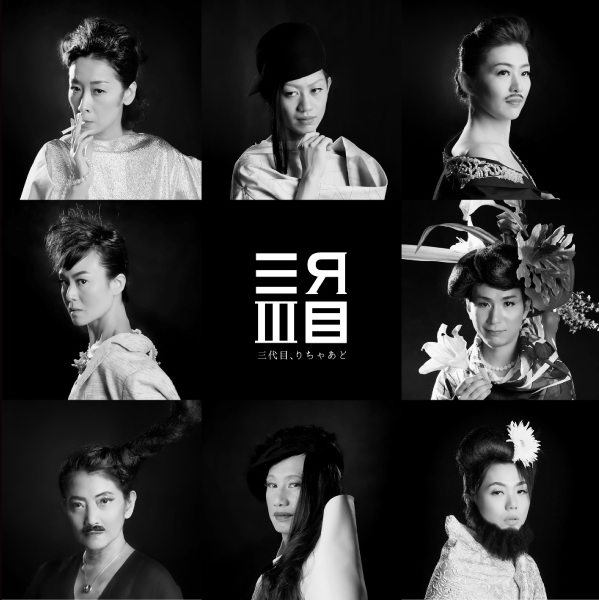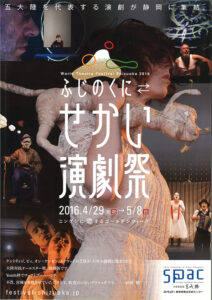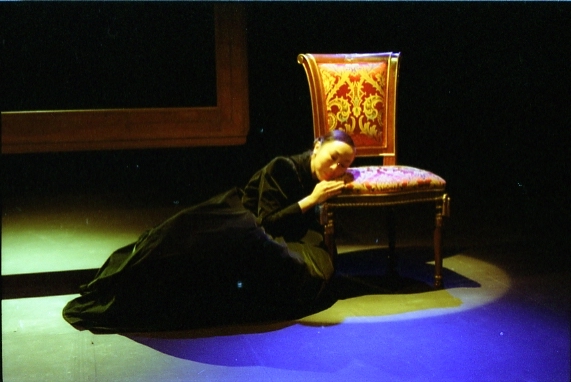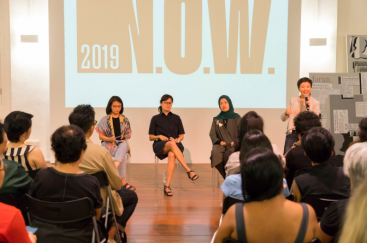







Key Words
Adaptation, Author-Character Conflict, Courtroom Drama, Historical Revisionism, International Collaboration, Murder Trial, Power Struggle,About
As the play begins, England’s infamously cruel Richard III faces defeat at the Battle of Bosworth — where both history and William Shakespeare’s Richard III recorded he was killed in 1485. Then, however, the action shifts to a courtroom, where Richard is on trial for murder.
In fact Richard’s defense counsel, Shylock — the villain from The Merchant of Venice — contends that the murder was actually committed by the playwright Shakespeare himself, against whom Shylock is determined to revenge himself for having been portrayed as such a bad person by the Bard.
Though in Richard III the scheming king fights in vain to keep his crown, in this drama transported to Japan he’s vying to head up its traditional flower-arrangement world, and is accused of killing a rival for that position. Then in court, while Richard protests his innocence and insists he will change his ways, we see Shakespeare countering Shylock’s claim by accusing Richard of harbouring even more sinister motives.
Where are these conflicts between the characters and the author heading in the end?
Presented as part of the World Theatre Festival Shizuoka 2016.
Tags
Printed Matter
Click on thumbnails to view high resolution files.
Related Programmes
Sandakan Threnody (June 2004)

View details


The Continuum: Beyond The Killing Fields

View details




